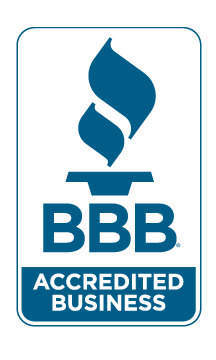When it comes to selling final expense life insurance, agents often grapple with the decision between face-to-face and telesales approaches. Each method has its unique set of benefits and challenges, particularly when focusing on this niche market that serves primarily to cover burial costs and associated end-of-life expenses. Based on firsthand accounts and industry insights, let’s explore these two sales methods in the context of final expense insurance to help you decide which could better serve your career and client needs.
The Real Cost of Telesales in Final Expense
Telesales, with its convenience and broad reach, allows agents to contact multiple prospects quickly from virtually anywhere. However, the realities of selling final expense insurance through this method involve more than just dialing numbers. A colleague previously working in a well-known telesales operation shared that despite generating $20,000 in monthly premiums, his net income was only around $5,000 after significant lead costs and chargebacks. This highlights a common scenario in telesales where the overhead costs can quickly erode gross earnings.Final expense clients, who are often older or in poorer health, require trust and clarity, which can be challenging to establish over the phone. Telesales often targets a demographic described as low-income and less educated, which poses its own set of ethical considerations. Agents must navigate these waters carefully to build sustainable careers. The transactional nature of telesales emphasizes volume over relationships, which can lead to high initial sales but also high rates of cancellations and chargebacks. This means the impressive top-line numbers you hear about are often significantly reduced by these factors.
The Value of Face-to-Face Interactions in Final Expense
Conversely, face-to-face sales might seem traditional but come with invaluable benefits and distinct advantages in selling final expense policies. Another peer, a seasoned face-to-face agent, found that this method facilitated deeper client relationships, which were crucial for long-term loyalty and referrals. These are not just perks but necessities for those aiming for a sustainable and rewarding career in life insurance sales.
An experienced agent noted that his earnings and client satisfaction were significantly higher when he engaged with clients directly. During the pandemic, when he switched to telesales, he saw a spike in the number of policies sold but a drop in actual income due to higher operational costs and increased chargebacks. His return to face-to-face sales marked a significant improvement in both his job satisfaction and financial stability.
Making the Right Choice for Your Career
For agents considering their approach to selling final expense life insurance, it’s crucial to weigh these factors. Telesales might seem appealing for those looking to maximize outreach with minimal physical effort, but it requires managing high overhead costs and potentially higher client turnover and chargebacks. Face-to-face interactions, while requiring more time and travel, foster deeper connections, often leading to more stable and profitable long-term outcomes.
Ultimately, the decision between telesales and face-to-face sales in final expense insurance should align with your personal strengths, career goals, and preferred client interaction style. Understanding the real net earnings and the nature of client relationships each method brings can help you build a more satisfying and enduring career in the life insurance industry.
© Copyright


